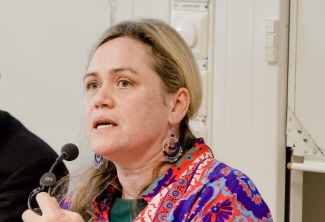Revisiting the link between resource windfalls and subnational crowding out for local mining economies in Chile
Literature on the resource curse argues that resource windfalls, such as those resulting from a commodity price boom, crowd out several determinants of long-term fiscal income (Papyrakis and Gerlagh, 2006). Although empirical literature tests this theory at an intercountry context, similar attention has not been paid to that of subnational governments. This different type of spatial scope would reveal how low-tier governments strategically behave in regard to resource windfalls and covering local costs.

